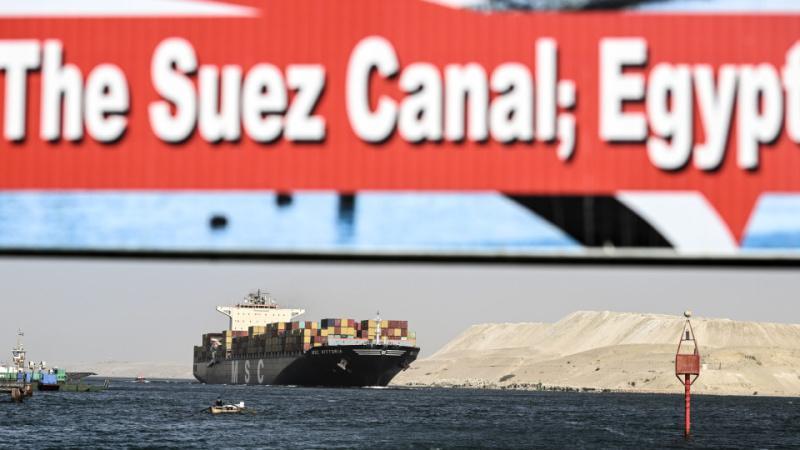Africa-Press – Cape verde. The volume of trade that passed through the Suez Canal fell by 50% in the first two months of this year, while that which passed through the Cape of Good Hope increased by around 74%, according to an article published on the IMF blog.
The data is contained in an article published on the International Monetary Fund (IMF) blog, written by Parisa Kamali, Robin Koepke, Alessandra Sozzi and Jasper Verschuur, which highlights that attacks in the Red Sea disrupt global trade.
“Our high-frequency transit estimates indicate that the volume of trade passing through the Suez Canal fell by 50% year-on-year in the first two months of the year, and the volume of trade transiting around the Cape of Good Hope increased around 74% above last year’s level”, they reveal.
Yemeni rebels, who have close ties to Iran, have intensified attacks in recent months in the Red Sea and Gulf of Aden, important routes for world trade.
They claim to be acting in support of Palestinians in the Gaza Strip, where the war between Israel and Hamas entered its fifth month today.
Analysts point out that in recent months, global trade has been hampered by disruptions in two critical shipping lanes.
Attacks on ships in the Red Sea have reduced traffic through the Suez Canal, the shortest shipping route between Asia and Europe, through which around 15% of global maritime trade volume normally passes, prompting several companies to divert ships to round the Cape of Good Hope.
“This increased delivery times by 10 days or more, on average, harming companies with limited stocks”, they point out.
At the same time, a severe drought in the Panama Canal led authorities to impose restrictions that “substantially reduced daily vessel crossings since last October, slowing maritime trade through another major chokepoint that normally accounts for around 5% of global maritime trade “.
Analysts estimate that the volume of trade in transit through the Panama Canal fell by almost 32% in January and February this year compared to the same period last year.
If “the cascading effects” of these disruptions continue “they could temporarily disrupt some supply chains in the affected countries and cause upward pressure on inflation (in part due to increased transport costs)”, they warn.
Analysts also warn that official statistics on imports and exports recorded based on customs records could be affected by the temporary impact of rerouting ships, making it more “difficult to assess the underlying dynamics of global trade and economic activity in the coming months.” “.
As an example, he points to the merchandise trade reports for January in several countries in Africa, the Middle East and Europe, which may indicate a slowdown in import growth, “since some imports that would normally have been registered in January were only delivered in February”.
For More News And Analysis About Cape verde Follow Africa-Press






